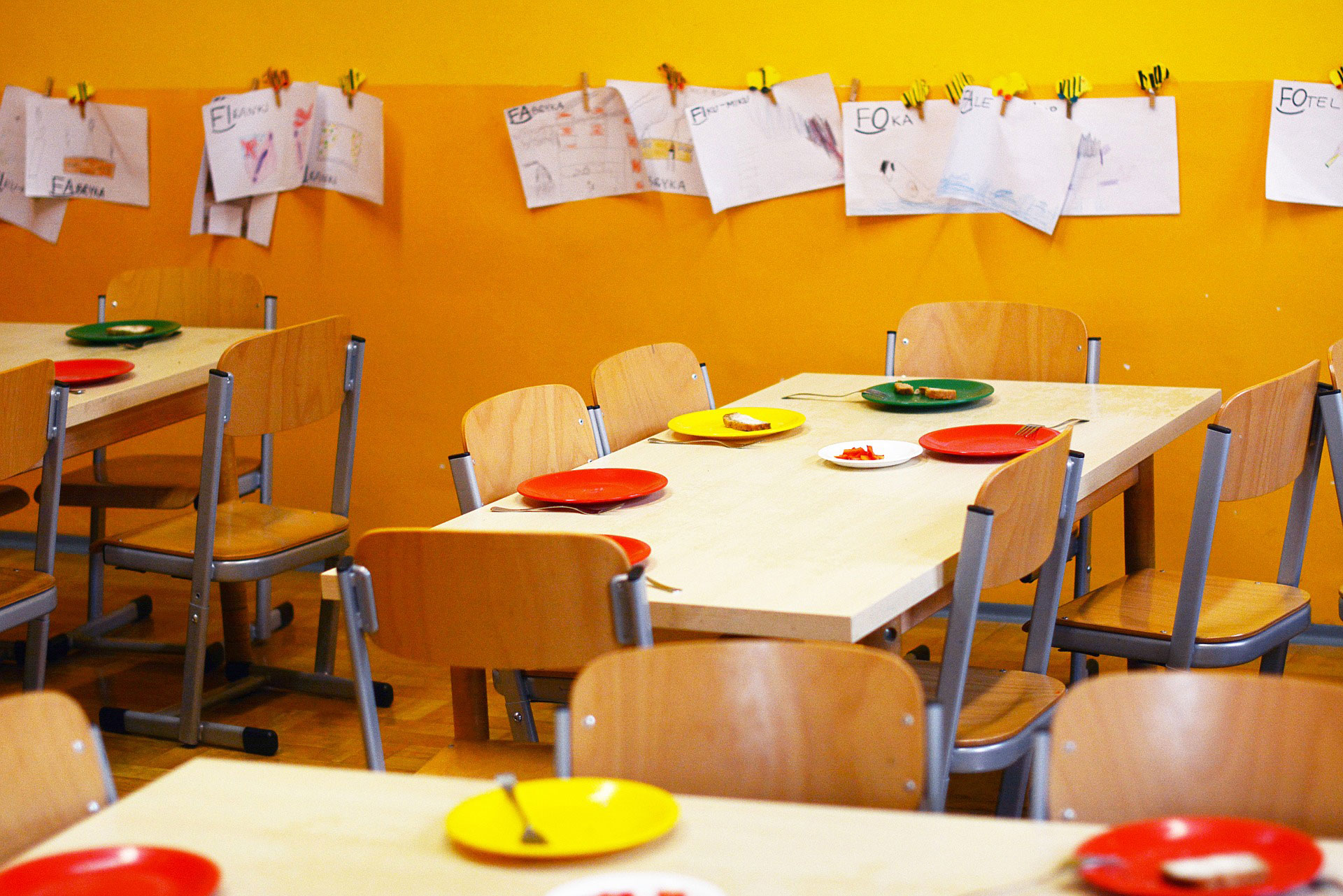They also discovered that some schools restrict food choices that kids can make when they are on free school meals, leading to embarrassment.
The childrens’ experiences are being documented in a book next year, titled Living Hand to Mouth? Children and food in low-income families, sharing the story of kids like Emmanuel and Maddy.
The former, a 14-year-old whose London family is NPRF, said: “I was so hungry […] it was like I got stabbed with a knife and it’s still there.”
As for 16-year-old Maddy, she spoke of the shame that being unable to afford school dinners brings.
“When she [lunchtime staff at the checkout] was like “You can’t get that, you’re free school meals” like I was really embarrassed cos [sic] people were waiting behind me, I was kind of like “Oh my God”,” she said.
The inequality also extends to the types of food that families can afford with the majority of families aware of dietary recommendations but also falling short of their five fruit or vegetables per day.
Advertising helps fund Big Issue’s mission to end poverty
Report co-author Rebecca O’ Connell said: “Food poverty and its effects on children’s and young people’s physical and emotional wellbeing is a matter of grave concern. In the face of piecemeal responses and government neglect, the outlook is set to remain bleak. Radical change is needed.
“To tackle the food poverty of children and families, the government should make use of research on budget standards to ensure that wages and benefits, in combination, are adequate for a socially acceptable standard of living and eating, which recognises the fundamental role of food in health and social inclusion’.”
Chief executive of Child Poverty Action Group, which published the study, Alison Garnham added: “The young people in this study make the case for universal free school meals more powerfully than anyone else could.
“Their hunger, their shame, their sense of being cut off from learning and social opportunities – all because parents can’t afford enough food – are appalling in a society that believes every child matters.”
Grassroots movements such as North East London Migrant Action have been highlighting how parents’ immigration status affects access to school dinners for some time, with their “letters for lunch” campaign, encouraging people to write to the Department of Education.
Advertising helps fund Big Issue’s mission to end poverty
A government spokesman said: “We’re supporting over one million of the country’s most disadvantaged children through free school meals and we continue to spend £95 billion a year on working-age benefits to ensure every child has the best start in life.”









